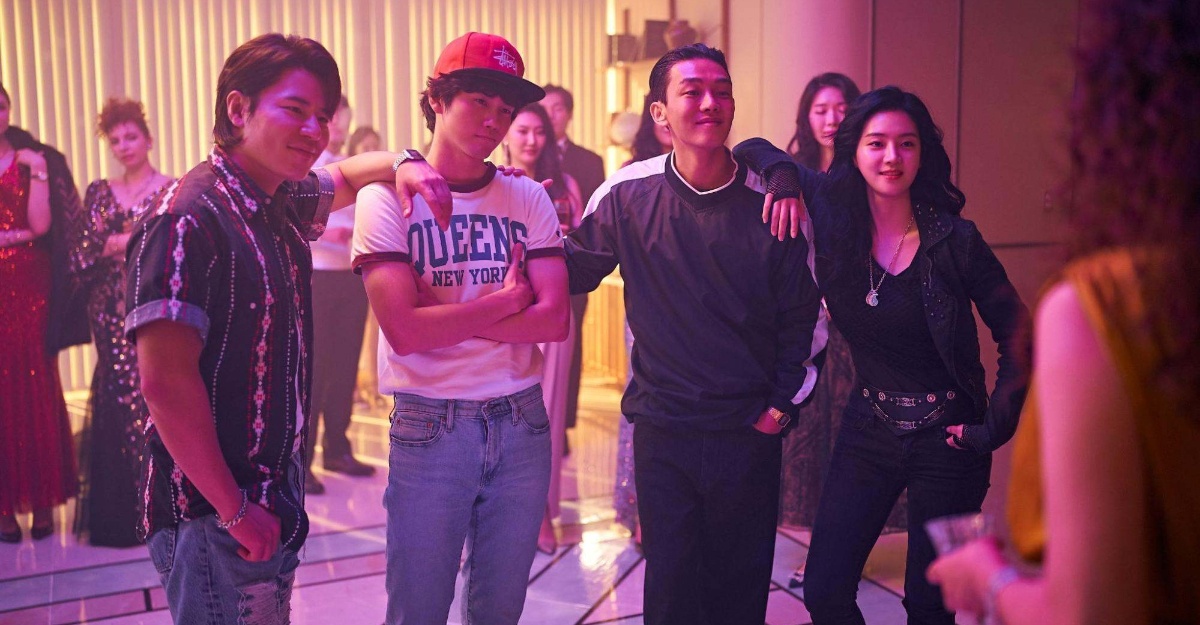In the last couple of years, and especially since the pandemic began, many employers have made some great strides in terms of technological adoption, as well as flexibility, pay, and even benefits and perks offered.
This is especially amid the Great Resignation phenomenon and talent crunch that are plaguing many organizations, as well as increasing expectations from talents, leading employers to increase their talent retention programs tenfold. It has even been suggested that employees are holding the power in the job market right now.
Almost everywhere in the world, businesses started offering remote and hybrid work choices. Many are also offering flexibility, which allows people to decide when and where they’d like to work. There has been an increase in digital nomads too, and focus and resources were directed to mental health, emotional well-being, work-life balance, and avoiding burnout.
In Malaysia itself, the Government has made several significant policy changes in order to address the many issues surrounding employment – more recently, the shortening of weekly working hours from 48 hours to 45 hours, and allowing employees to request a Flexible Working Arrangement (FWA) from their employers.
This would allow them to work from home during emergencies and would enable them to choose the location, time, and days of their work.
However, some groups and unions such as the Malaysian Employers Federation (MEF) have been reported to have urged the government to delay implementing the amendments as it could cost employers nationwide an extra RM110.99 billion per year.
This is especially as some employers were already struggling to fully implement the new minimum wage of RM1,500 per month that took effect in May, which was estimated to cost them an additional RM14 billion per year.
Further, as inflation raged, along with other geopolitical and macro events, many companies are struggling to get back on track especially as they are still in the midst of recovering from the effects of the pandemic. As a result, soon we might be seeing another power dynamic shift from employees back to employers.
When this happens, will employers still offer flexibility, perks, pay, and programs, and will they still invest in a people-first culture?
First of all, there will definitely be changes, especially in terms of flexibility. For many managers and supervisors, it’s easier for them to have everyone under one roof, not to mention that overseeing a distributed workforce across the nation and in other countries is a challenging feat.
Employees might need to adjust their expectations when it comes to flexible working arrangements. However, the lessons that we have all learned from the last couple of years and the focus on better work for employees will most likely remain.








